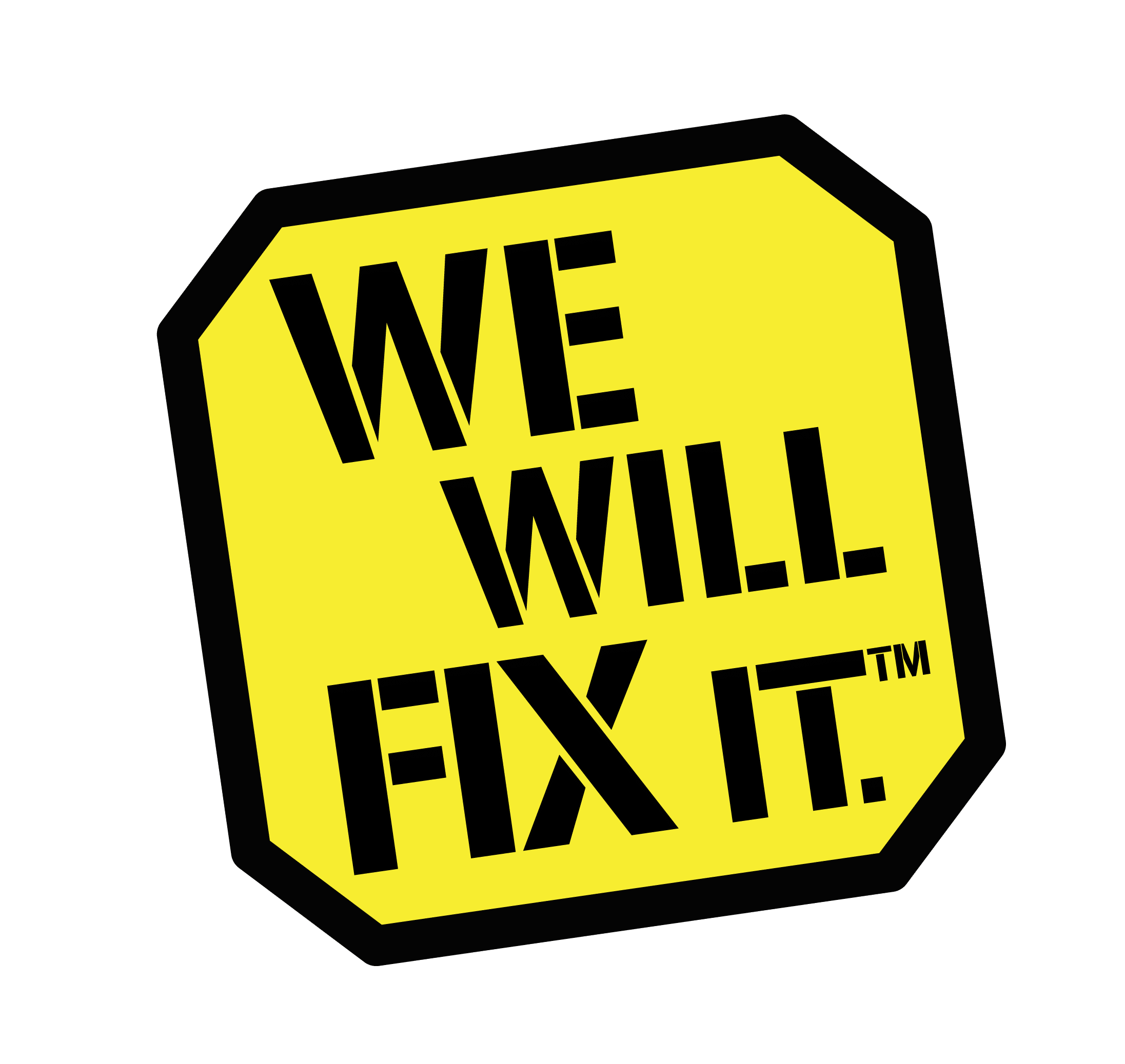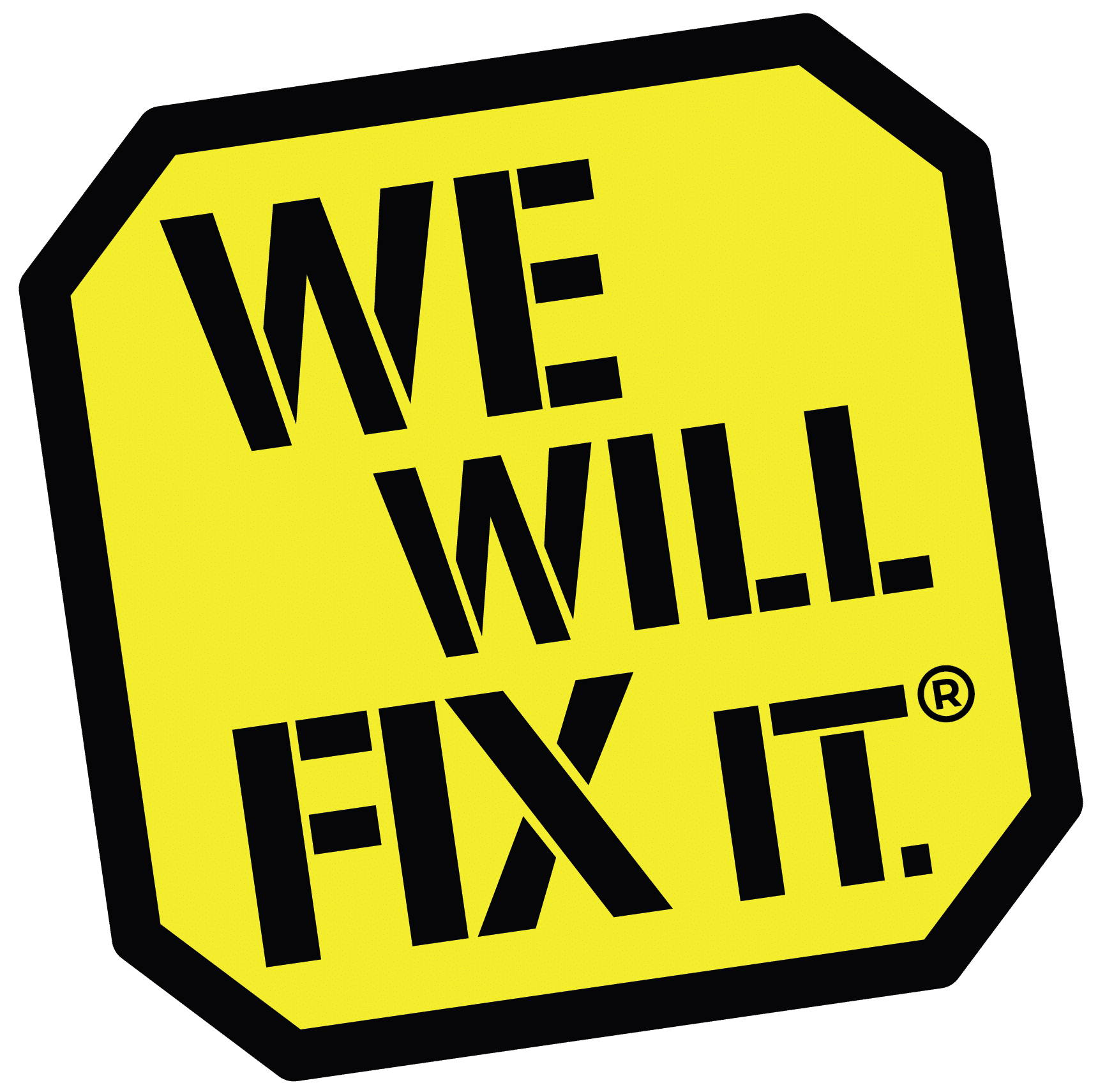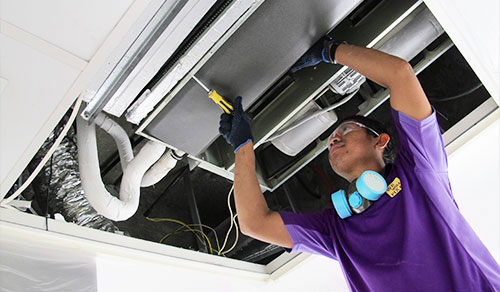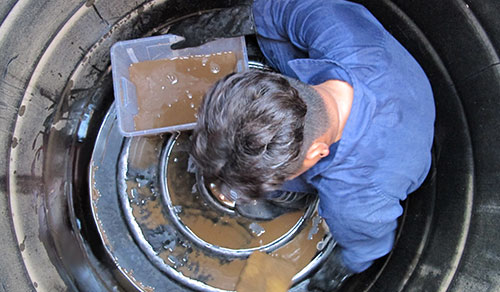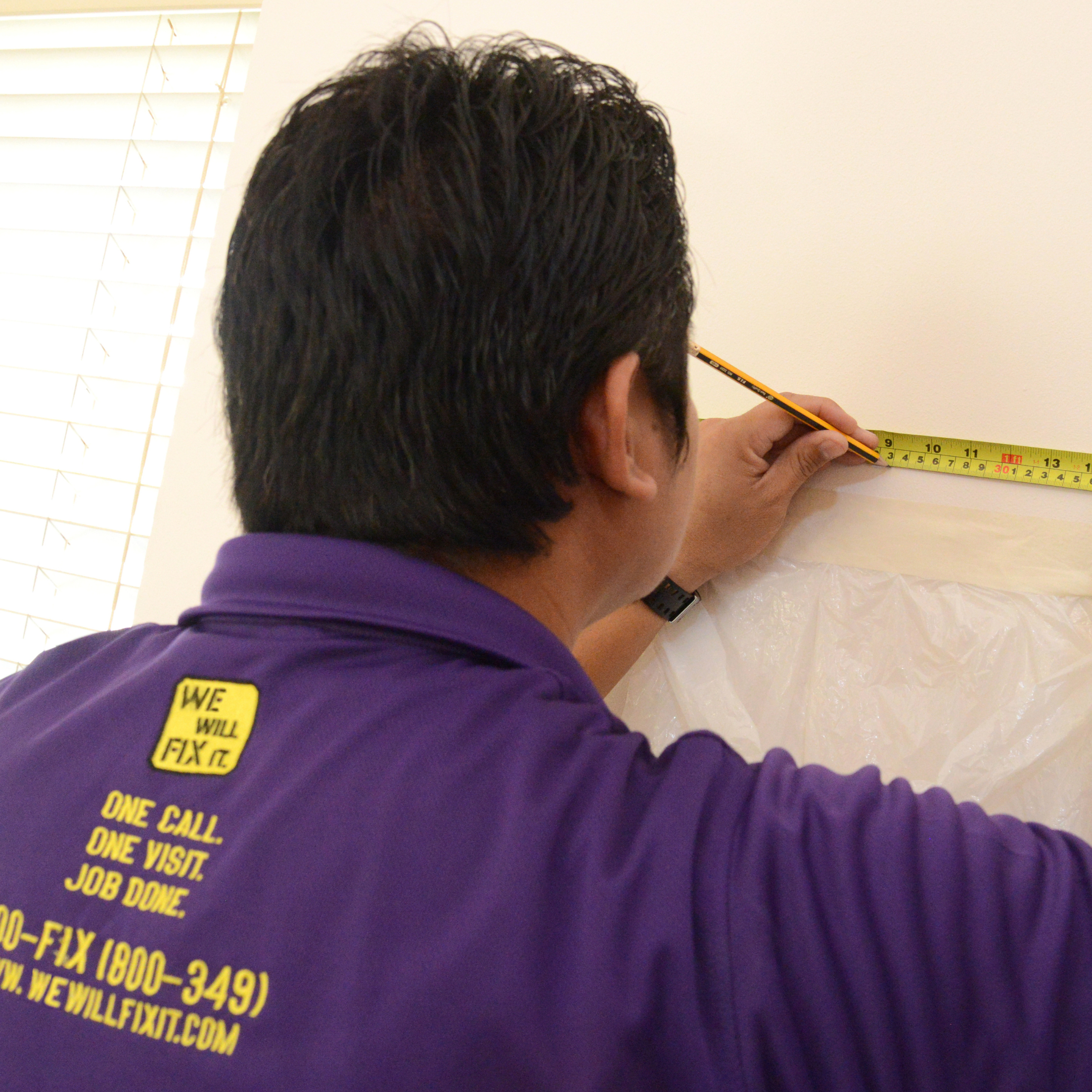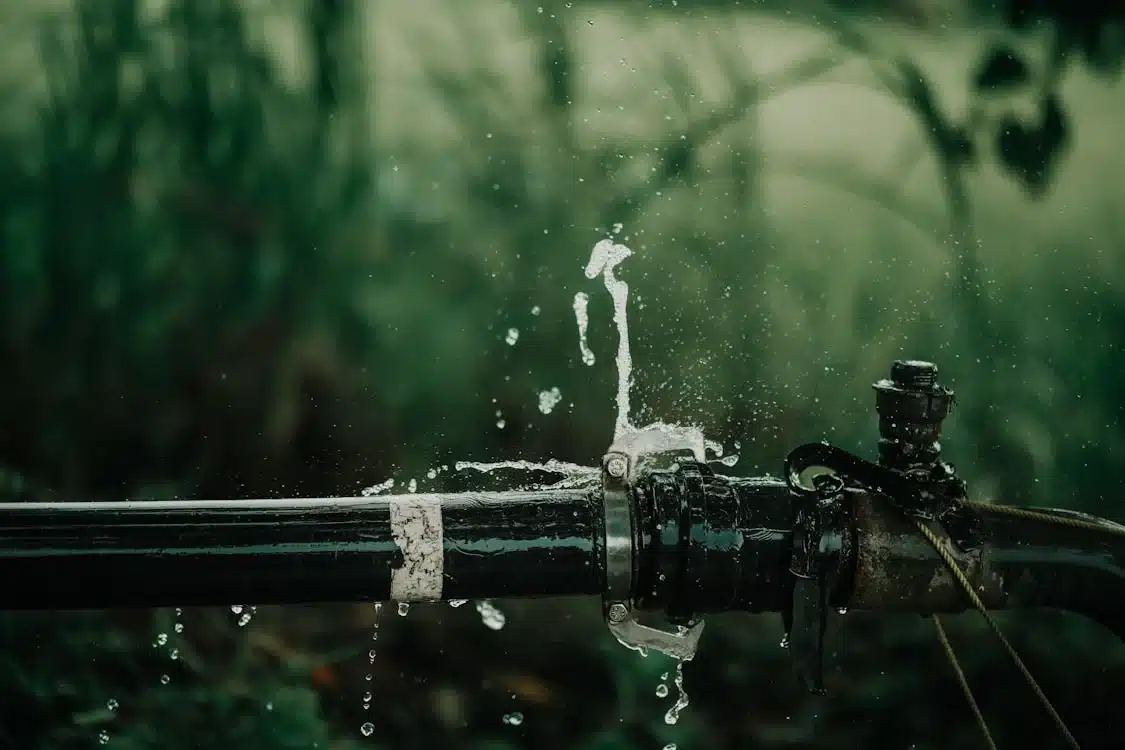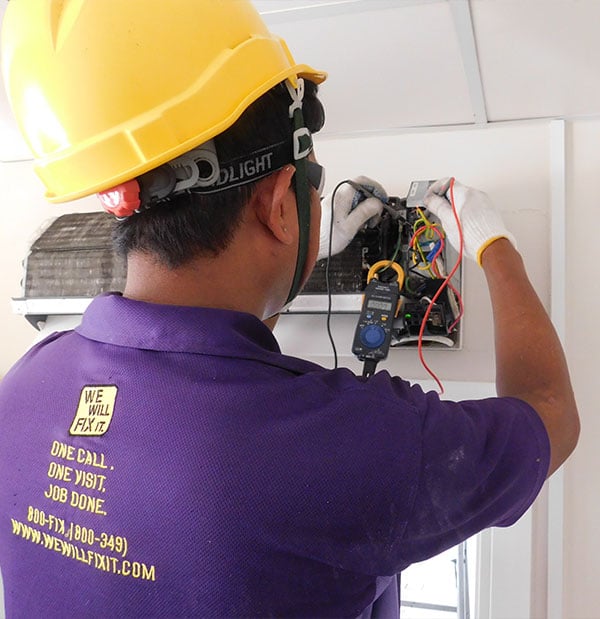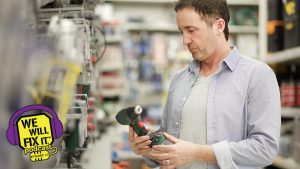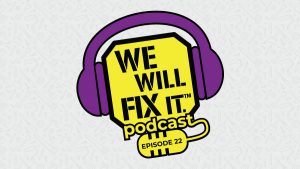Real estate is on a roll in the UAE, and here are some things we’ve learnt – 1) it’s not just developers cashing in. According to a YouGov survey, it is now more common for even high-value property deals to be done via individual sellers as, incidentally, 22 per cent of the 45-plus age group plan to retire and settle here. 2) Sellers aren’t wasting any time. With demand outstripping supply to the tune of 15-35 per cent value increases across freehold areas (recorded during 2021-22), some 52 per cent of Dubai property owners are said to be considering selling up in the next 10 months.
Where property sales go, home improvements flow. Whether in pursuit of a quick ‘flip’ or end-user comfort and security, this year, 83 per cent of property buyers have proceeded to make significant improvements to their purchase – with 15 per cent spending over Dh500,000 on high-end renovations. And there’s the rub. Custom kitchen cabinets and fancy floors are nice to have, but if the HVAC wasn’t properly replaced, or was never considered in the first place, no amount of stylising is going to compensate.
If there is one thing you need to get right from the get-go in Dubai, it is upgrading your AC unit to ensure robust cooling and air flow.
5 Tips for buying an air conditioner
If you are unsure of where to begin before you upgrade your airconditioner, this list will help you. Learn how to select an AC for a room or the whole house, by analysing these 5 key tips.
1. Evaluate energy savings
A 2022 UK survey revealed that 39% of homebuyers consider energy efficiency to be an important factor in their decision to purchase a particular property. This is likely to be at least as significant in the UAE, when you consider the cost of upgrading your AC unit over the long hot summer months.
Most villas in Dubai utilise a traditional split AC system where half is on the roof, half is placed indoors, and it cools using gas. That’s the basics covered. Now, you have 2 options when it comes to your unit type, and only one will significantly reduce your DEWA bills.
Everyone is familiar with a conventional AC unit. The compressor is either ‘on’ or it’s ‘off’. It goes from zero to 100% with nothing in between and the compressor switches off when the desired temperature is reached. When the thermostat recognises the temperature rising, the compressor goes back to 100% and away we go again.
An inverter system is a new way of operating things. First, it runs at 100% power to cool the room as quickly as possible and turns off in the same way as a conventional unit. Then things get interesting. When the temperature rises even slightly, let’s say to half a degree over what is desired, it goes, you know what? I don’t need to run at 100% to get the temperature down half a degree. So, the compressor will utilise only 20% of its power. Suddenly your electricity bill is reduced dramatically, with manufacturers claiming as much as 40%. Obviously, the more you use your AC, the more you are going to see the energy benefits. This is why, in hot climates like Dubai, an inverter AC is typically regarded as the smart option and a good one to consider switching to if you are upgrading your AC unit.
2. Assess ease of installation
Consider the timeline for your AC service and the opportunity cost of time itself, because the big disadvantage of inverter ACs is the initial install. Instead of reusing the single hole left by your old single unit, you’ll need a different supply pipe to be fed from your roof down to your new inverter units. Meaning additional holes will need to be made in your roof to accommodate the pipe running in different locations. Generally, inverter installation will take longer due to its complexity. So, if you are upgrading your AC unit to an inverter unit, rather than approximately two days of work for a conventional unit, you’re looking at three and a half days per inverter unit.
3. Consider your budget
Some more good news about inverter units is that they are cheaper to buy. Manufacturers seem to be using a different business model for inverter units and are currently promoting them with a lower headline price than conventional ac units, in most instances.
4. Search for hidden costs
This is crucial to bear in mind before upgrading your AC unit. Spare parts for inverter units can be up to three times the cost of conventional ac unit parts. (That ‘different business model’ we spoke of probably doesn’t write this information into the initial sales pitch!). With all those extra pipes, you will not only be paying more for materials, but also labour – due to the extra days of installation. Finally, because brands in Dubai have to be sold through a representative’s office, and spare parts for inverters are more expensive, retailers here tend to hold much less of these parts in general because they would rather order on demand. This means you may have to wait a lot longer for your inverter parts to arrive when you need them.
5. Research installer malpractices
When making an investment in your home, a little bit of knowledge could save you significant headaches down the line – especially for larger projects like upgrading your AC unit in Dubai. While some installers in the UAE follow strict protocol and take pride in their work, unfortunately not all can be described as reliable and scrupulous operators. Look out for these shortcuts and red flags that are typical of any company seeking to reduce their initial outlay and increase their profit margin – at your expense:
Changing AC Unit types without insulating the discharge gas pipe
- To avoid both higher DEWA bills from cooling loss and damaged wet ceilings from condensation, your AC installer must insulate your gas pipes. As this can be timely and expensive, some (often cheaper) providers of conventional AC units will skip this step and create refrigerated gas on the roof before it even enters the property. If insulation is missing from your installation quote, be sure to ask questions before upgrading your AC unit.
Cheaper supplied brand
- If you’ve already received multiple quotes, you might be wondering how some providers can offer cheaper rates for the new AC units themselves. This is good news…. right? Not if they are supplying brands with either poor or very expensive parts supply. To reiterate our previous point, this is a sales tactic employed by some AC brands aiming to attract you with a ‘cheap to buy’ option that (unbeknown to you) is very expensive to maintain. You will spend much more in the long term, so beware!
Reusing old components
- That old adage ‘what you don’t know can’t hurt you’ doesn’t apply here. Service providers doing a bare minimum job on your roof or in your ceiling is more common than you would expect – simply because they know they can get away with it. From cabling to isolators to contactors and gas pipes, they may try to reuse anything that isn’t already broken to save themselves money and increase profits. These parts can be as much as 20 years old in many Dubai communities, and as such, will be at the end of their useful life. If not replaced as part of your air conditioning upgrade, this will be the prime cause of AC failure, imminently!
Get professional help with upgrading your AC unit
Choosing a service provider who is well-versed with AC installations and upgrades in Dubai can make the process hassle-free and eliminate unnecessary costs. At We Will Fix it we pride ourselves for delivering exemplary home maintenance services across communities in Dubai for the last 15+ years. By choosing our professional AC installation or upgrade services, you can look forward to:
Unbiased advice
We Will Fix It can install both conventional and inverter units at our customers’ request. We understand that people appreciate honest advice in this area, so we are happy to provide our recommendation based on your property and usage.
Unrivalled knowledge
For peace of mind (both yours and ours!), we spent more than six months researching the installation market prior to launching our service and as such, we simply don’t stock brands that we know will cause issues with parts availability – which is essential to consider before upgrading your AC unit.
Uncompromised quality
As part of our duty of care to provide the best quality service and products for long term durability, we provide a free Essential Maintenance annual contract with every full property AC replacement. It is therefore in our interest to ensure you make the best decision for your home, not least so that future servicing is as smooth as possible.
Give us a call and tell us what issues you are facing. If all you need is a smart thermostat on your existing conventional unit, we can help with that too! Need more information? Listen to this recent podcast or send us an inquiry.

